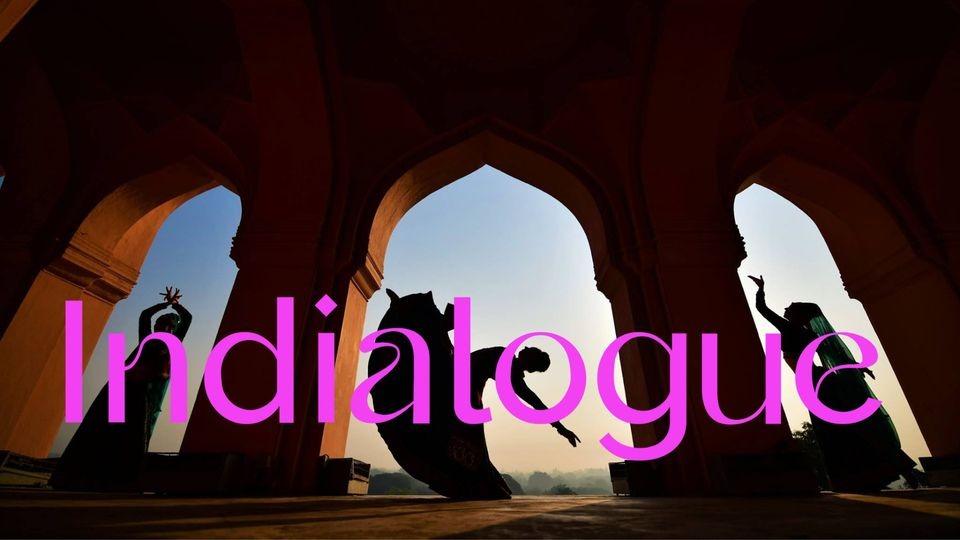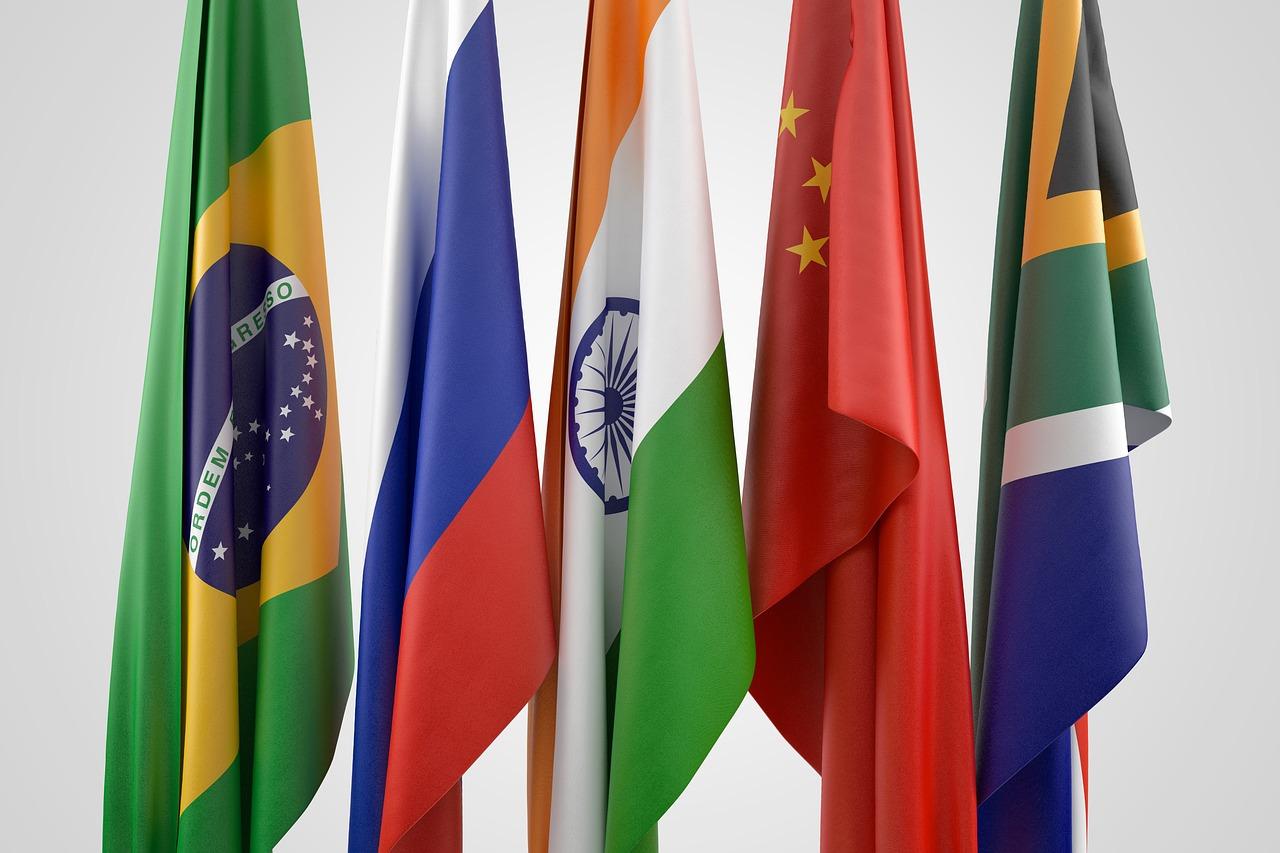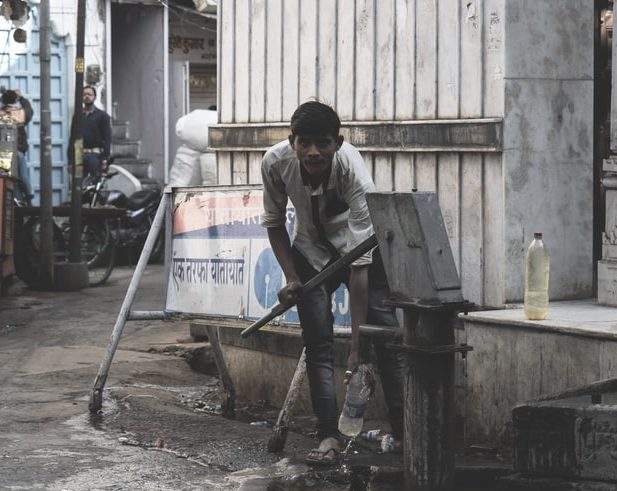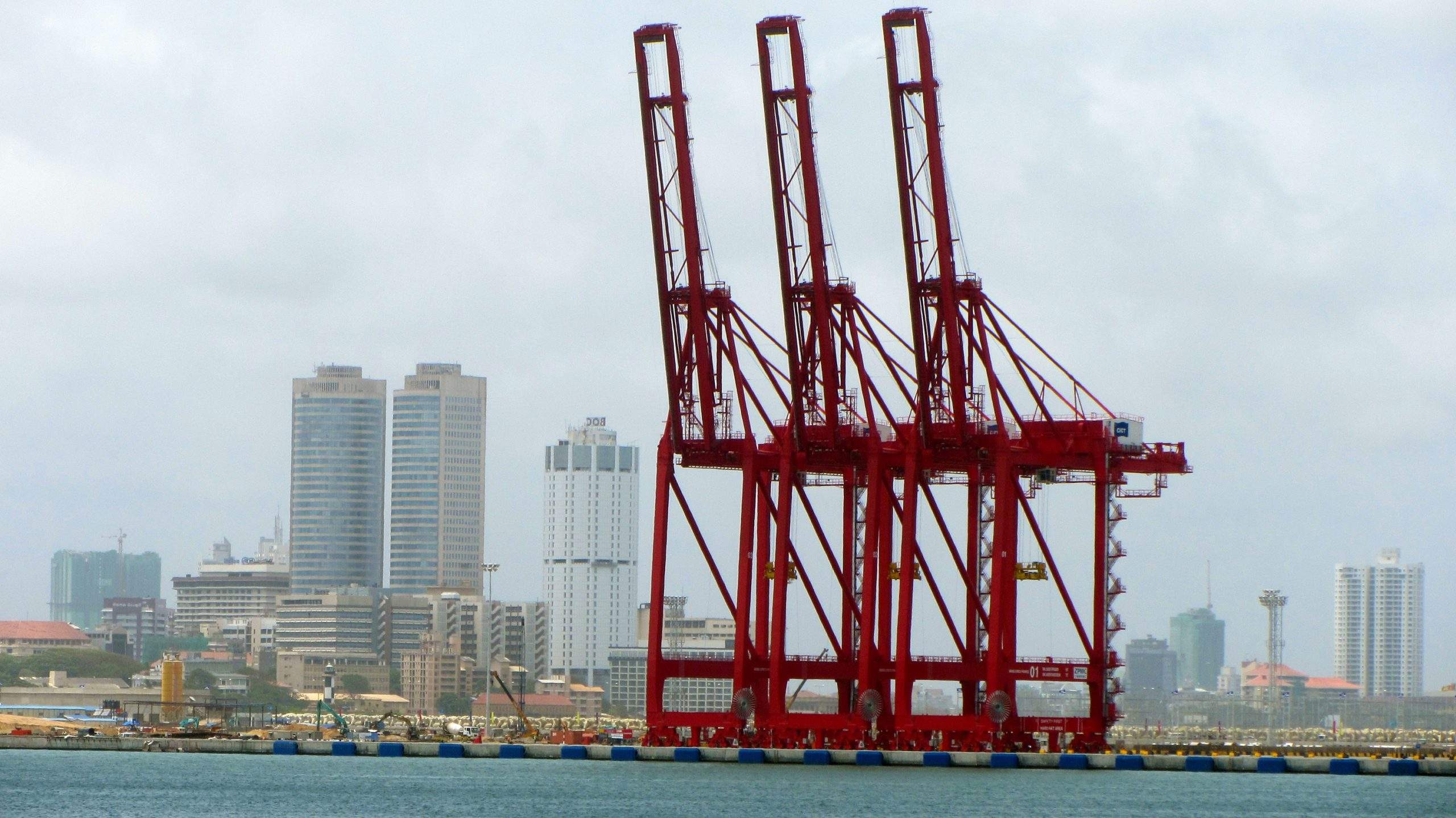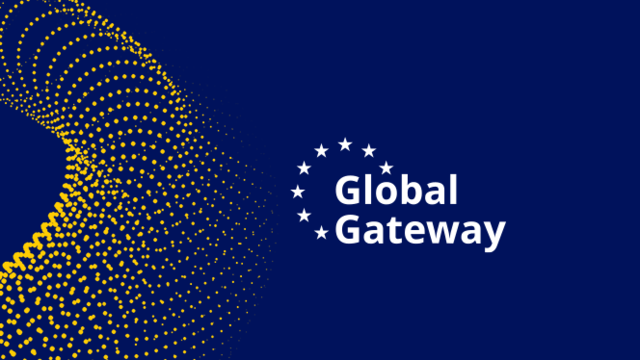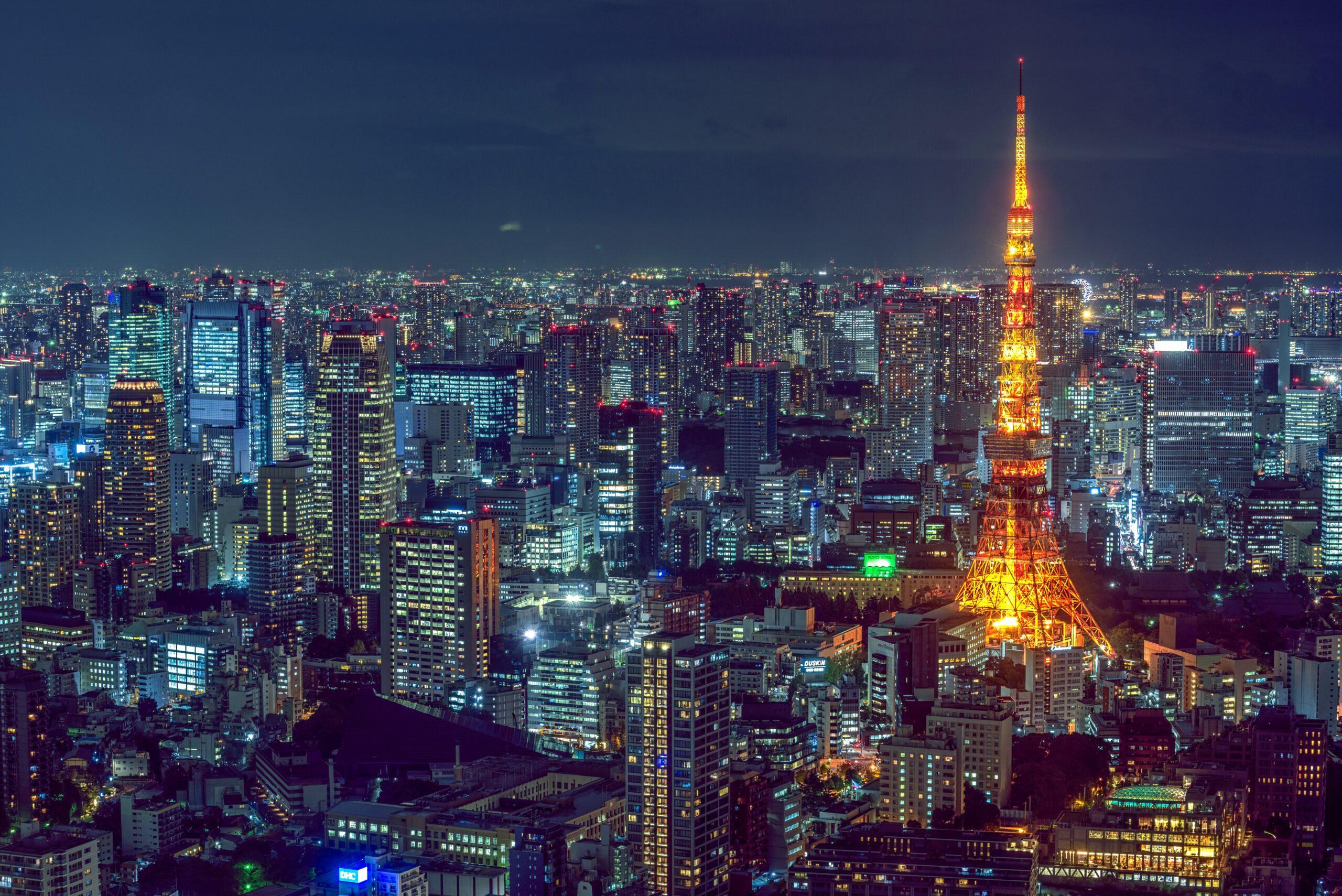
Maldives Beyond the Myopic Lens: Why Major Powers Seek Leverage
Following the recent elections that tilted the Maldives towards a more outspoken pro-China stance, the geopolitical dynamics have been set into motion, presenting a compelling opportunity for the European Union. The changing circumstances opens the Maldives’ burgeoning role in global affairs, paving the way for enhanced collaboration in diplomacy, climate action, and reaffirming its critical importance in the theatre of South Asian politics.



